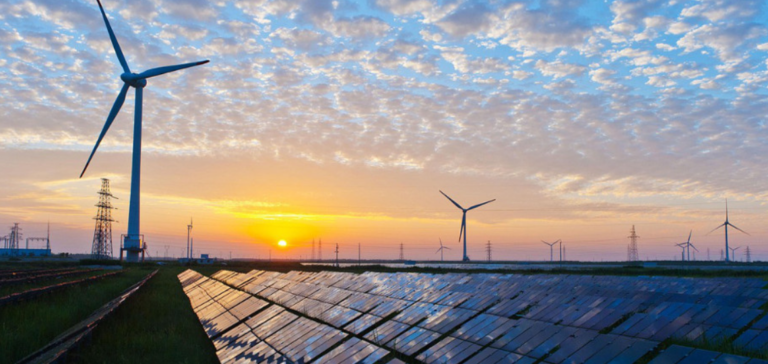In a world where environmental concerns and sustainability are increasingly high on the agenda, Grenergy has recently taken a major step forward. The company has signed a green energy supply agreement with EMOAC, a subsidiary of Copec. This agreement, which is Grenergy’s first non-solar PPA, marks a turning point in the renewable energy industry.
Grenergy’s commitment to sustainable development
Grenergy, founded in 2007 and listed on the Spanish stock exchange since 2015, has established itself as an independent producer of energy from renewable sources, mainly photovoltaic, wind and storage. The company has established a significant global presence with a platform of over 15GW in various stages of development in eleven countries, covering markets in Europe (Spain, Italy, Germany, Poland and the UK), North America (USA) and Latin America (Chile, Peru, Mexico, Argentina and Colombia).
Grenergy’s Growth Strategy and the Importance of the Agreement
The 15-year agreement will see Grenergy supply over 8 TWh of green energy to EMOAC, underlining the company’s commitment to energy storage solutions and solar projects. This initiative is part of Grenergy’s energy storage-related growth plans, which will be unveiled at their Capital Markets Day.
EMOAC and the Energy Transition in Chile
Grenergy’s presence in Chile dates back to 2012, when it centralized all its South American operations. After more than a decade in the country, Grenergy has become the company with the most connected power plants, over 70, and projects totaling more than 1.3GW, including those under construction and those already built. David Ruiz de Andrés, CEO of Grenergy, emphasized the company’s pioneering spirit and the historic importance of this agreement in the renewable energy industry. On the other hand, EMOAC, also spoke through its partner and General Manager, Vannia Toro, who highlighted the importance of this agreement for customers’ energy transition and the growth of better and more energy solutions in Chile.
Future prospects for renewable energies
The agreement between Grenergy and EMOAC not only represents a significant step forward for both companies, but also testifies to a growing trend towards more sustainable and innovative energy solutions in the sector. This underlines the importance of collaboration and innovation in the pursuit of an efficient and responsible energy transition.
The agreement between Grenergy and EMOAC represents a major milestone in the renewable energy industry, combining solar power and storage. This collaboration illustrates the growing commitment to a sustainable energy transition, and marks a significant step forward for the future of renewable energy.





















